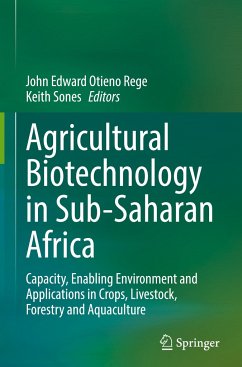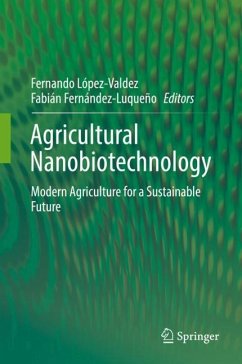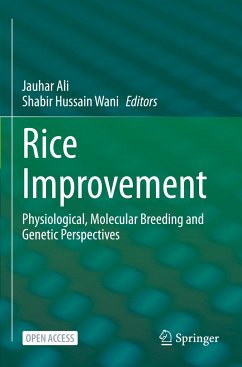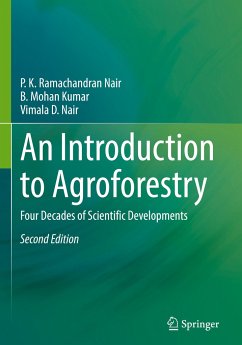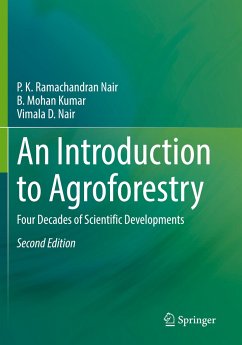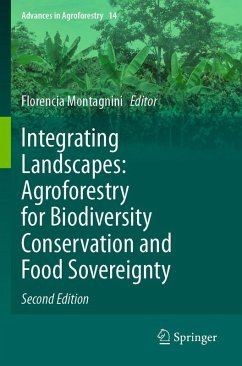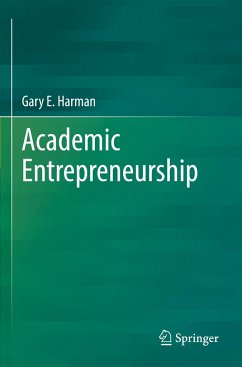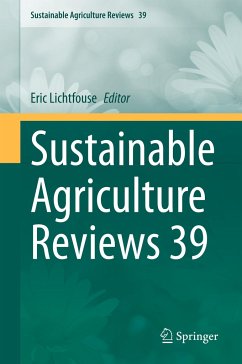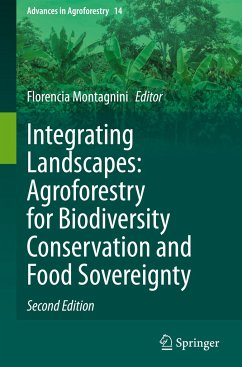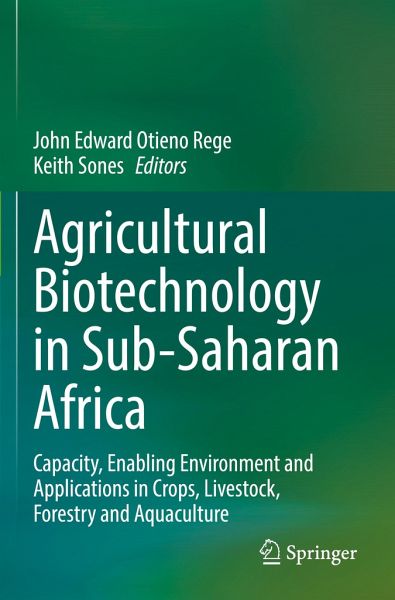
Agricultural Biotechnology in Sub-Saharan Africa
Capacity, Enabling Environment and Applications in Crops, Livestock, Forestry and Aquaculture
Herausgegeben: Rege, John Edward Otieno; Sones, Keith
Versandkostenfrei!
Versandfertig in 6-10 Tagen
76,99 €
inkl. MwSt.

PAYBACK Punkte
38 °P sammeln!
This book offers a comprehensive analysis of the application level for various agricultural biotechnologies across Sub-Saharan Africa. The authors examine the capacity available as well as the enabling environment, including policy and investments, for facilitating agricultural biotechnology development and use in the region. For each Sub-Saharan country, the status of biotechnology application is assessed in four major sectors; Crops, Livestock, Forestry and Aquaculture. Examples such as the number and requisite skill levels of trained personnel, biosafety frameworks and public awareness are ...
This book offers a comprehensive analysis of the application level for various agricultural biotechnologies across Sub-Saharan Africa. The authors examine the capacity available as well as the enabling environment, including policy and investments, for facilitating agricultural biotechnology development and use in the region. For each Sub-Saharan country, the status of biotechnology application is assessed in four major sectors; Crops, Livestock, Forestry and Aquaculture. Examples such as the number and requisite skill levels of trained personnel, biosafety frameworks and public awareness are surfaced in these chapters. This work also discusses the impact of push-pull factors on research, training and food security and identifies opportunities for investment in biotechnology and local agribusiness.
Development partners, policy makers, agricultural consultants as well as scientists and private sector investors with an interest in biotechnology initiatives in Sub-Saharan Africa will find this collection an important account to identify key gaps in capacity and policy, as well as priority areas going forward. The volume highlights ways to develop technology and increase agricultural production capacity through international cooperation and inclusive economic growth, making it a valuable practice guide in line with the UN Sustainable Development Goals, in particular SDG 2 Zero Hunger and SDG 8 Decent Work and Economic Growth. Clear case studies round off the reading experience.
Development partners, policy makers, agricultural consultants as well as scientists and private sector investors with an interest in biotechnology initiatives in Sub-Saharan Africa will find this collection an important account to identify key gaps in capacity and policy, as well as priority areas going forward. The volume highlights ways to develop technology and increase agricultural production capacity through international cooperation and inclusive economic growth, making it a valuable practice guide in line with the UN Sustainable Development Goals, in particular SDG 2 Zero Hunger and SDG 8 Decent Work and Economic Growth. Clear case studies round off the reading experience.





